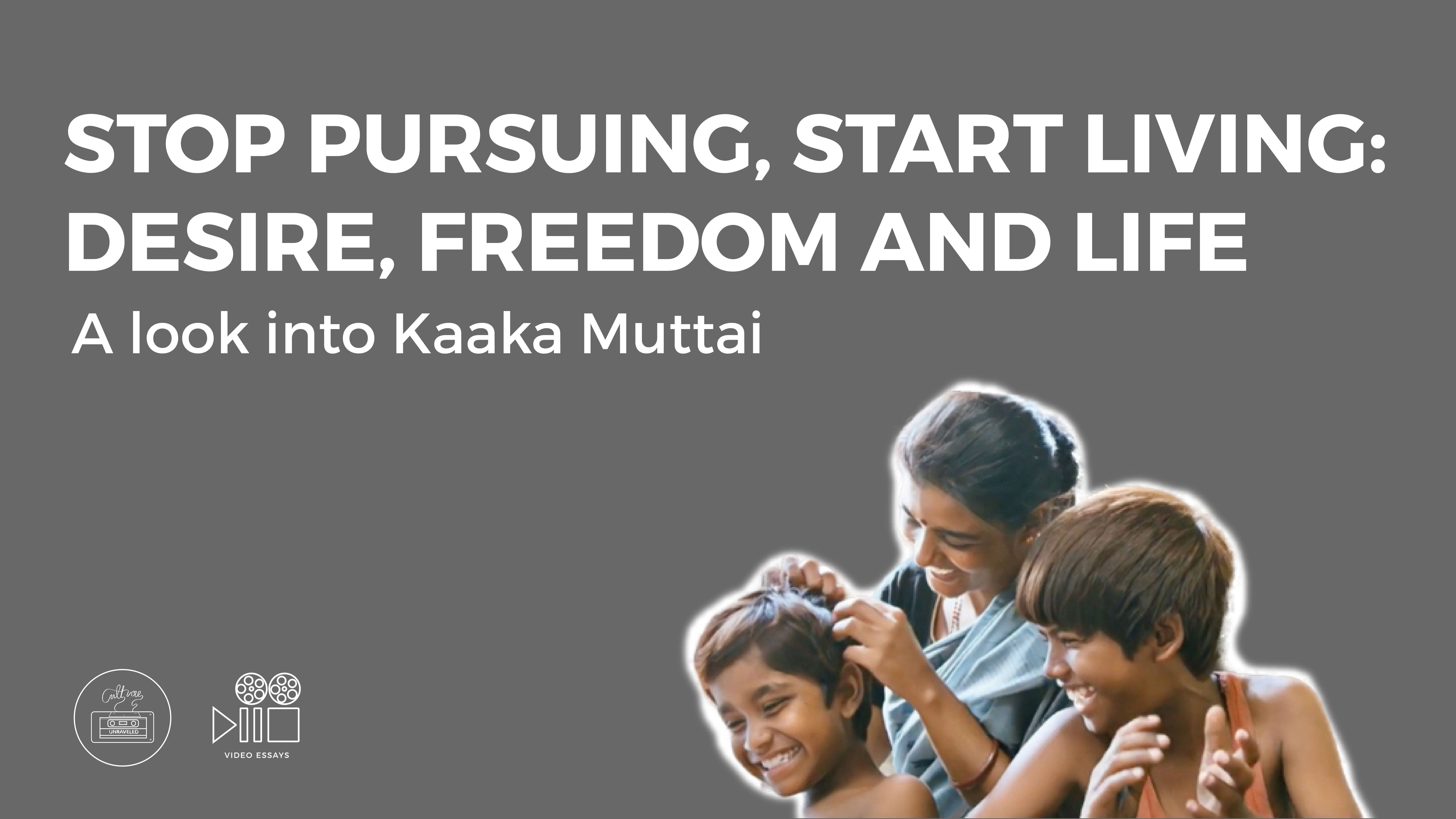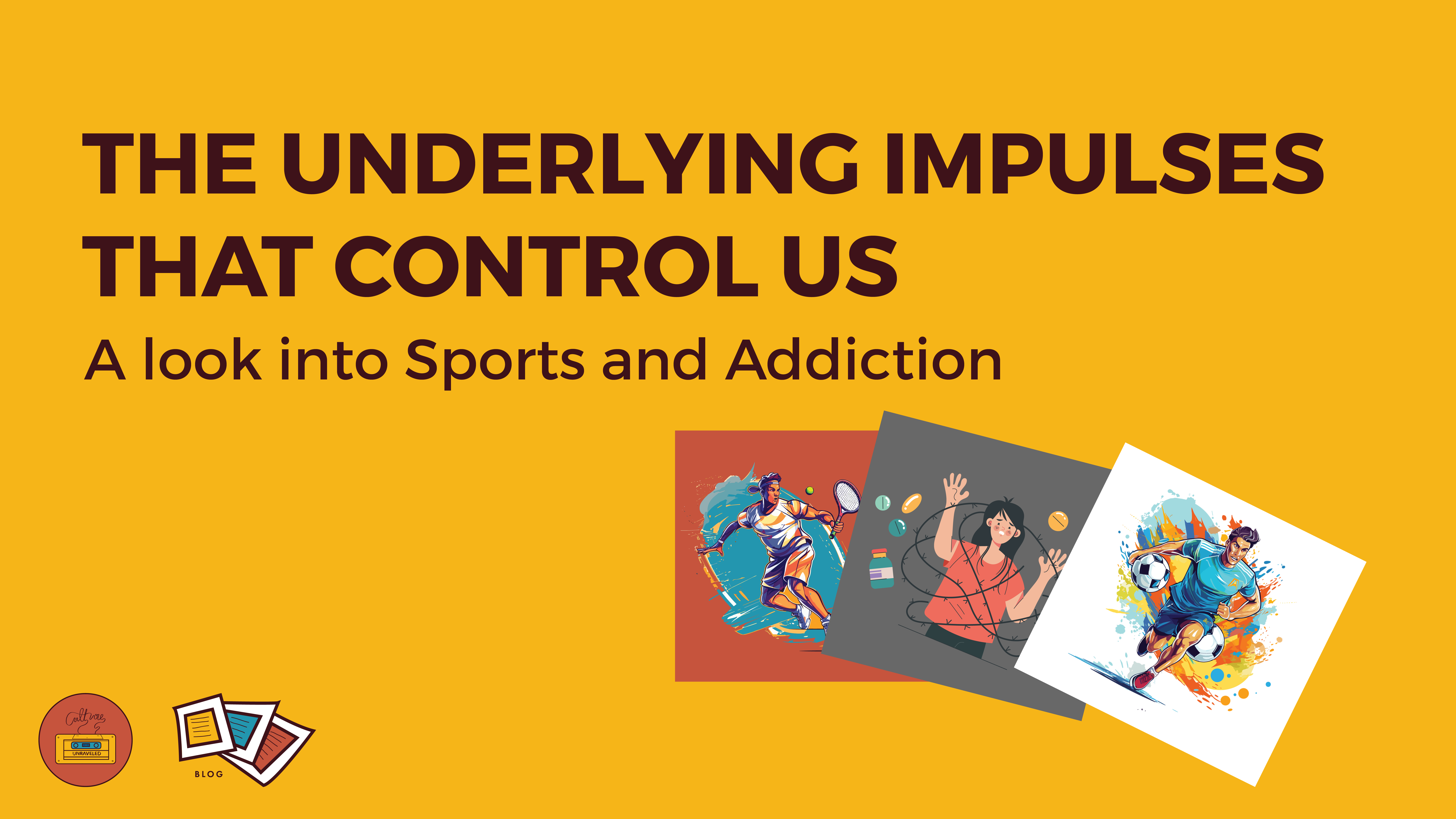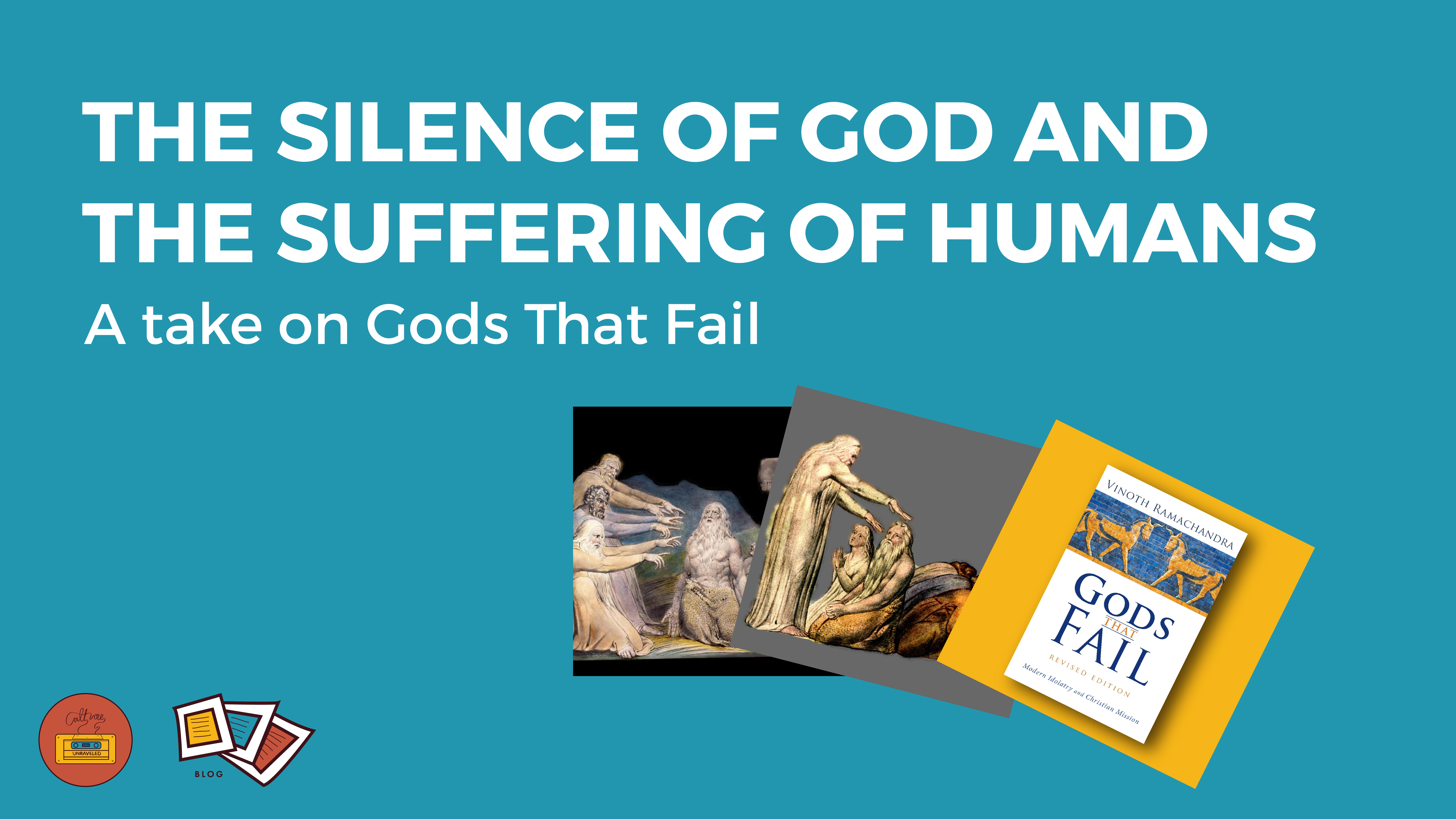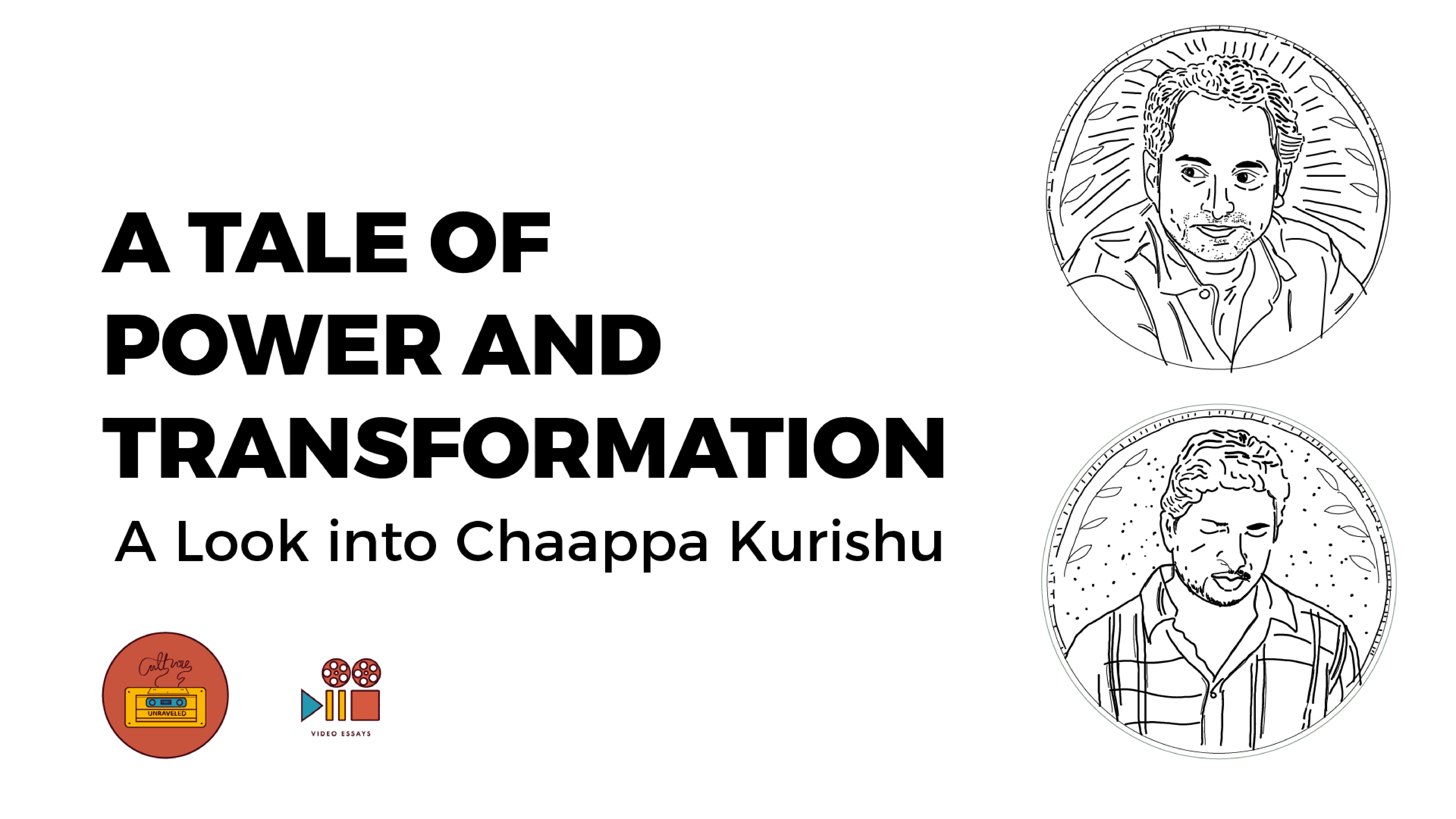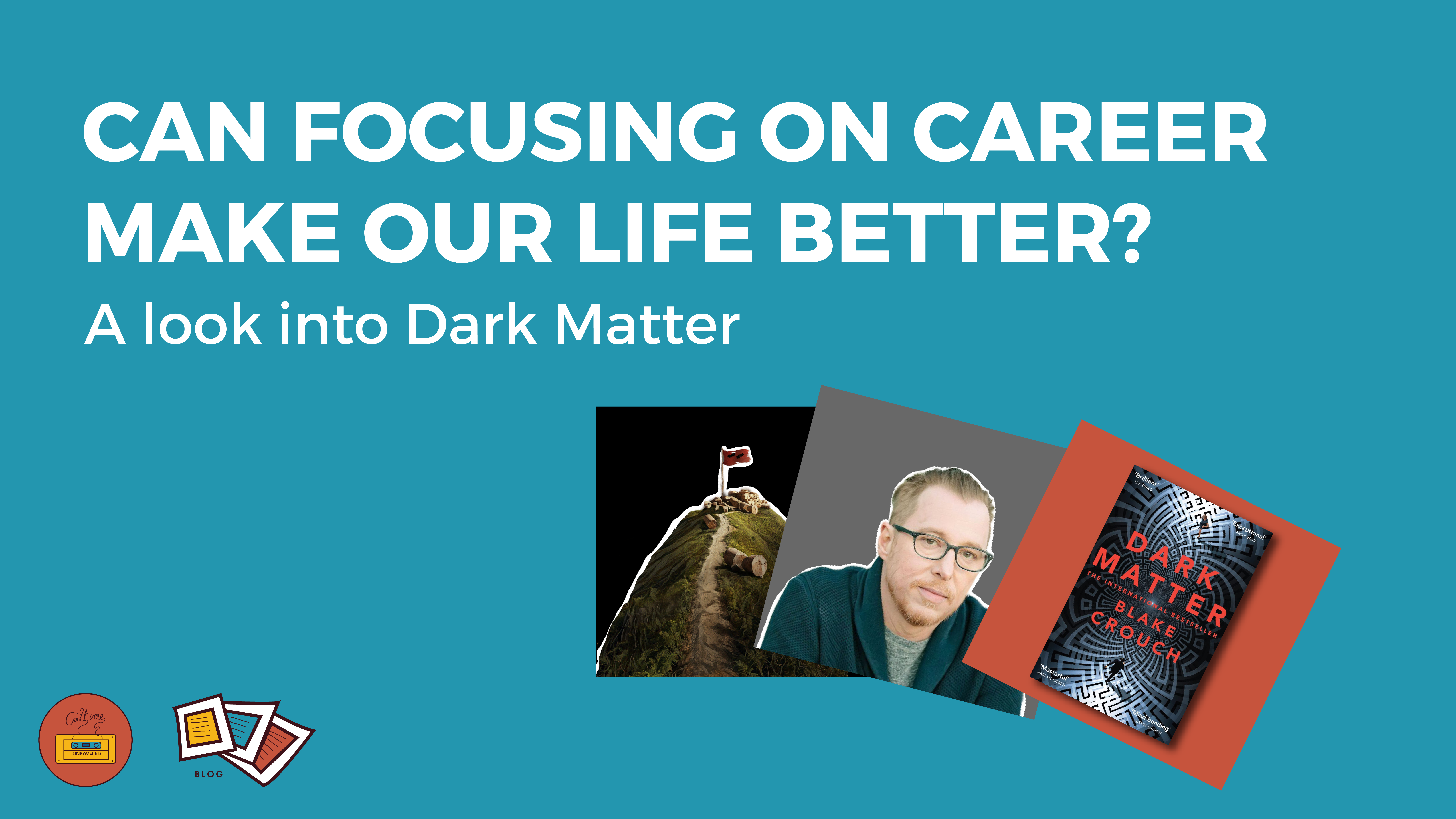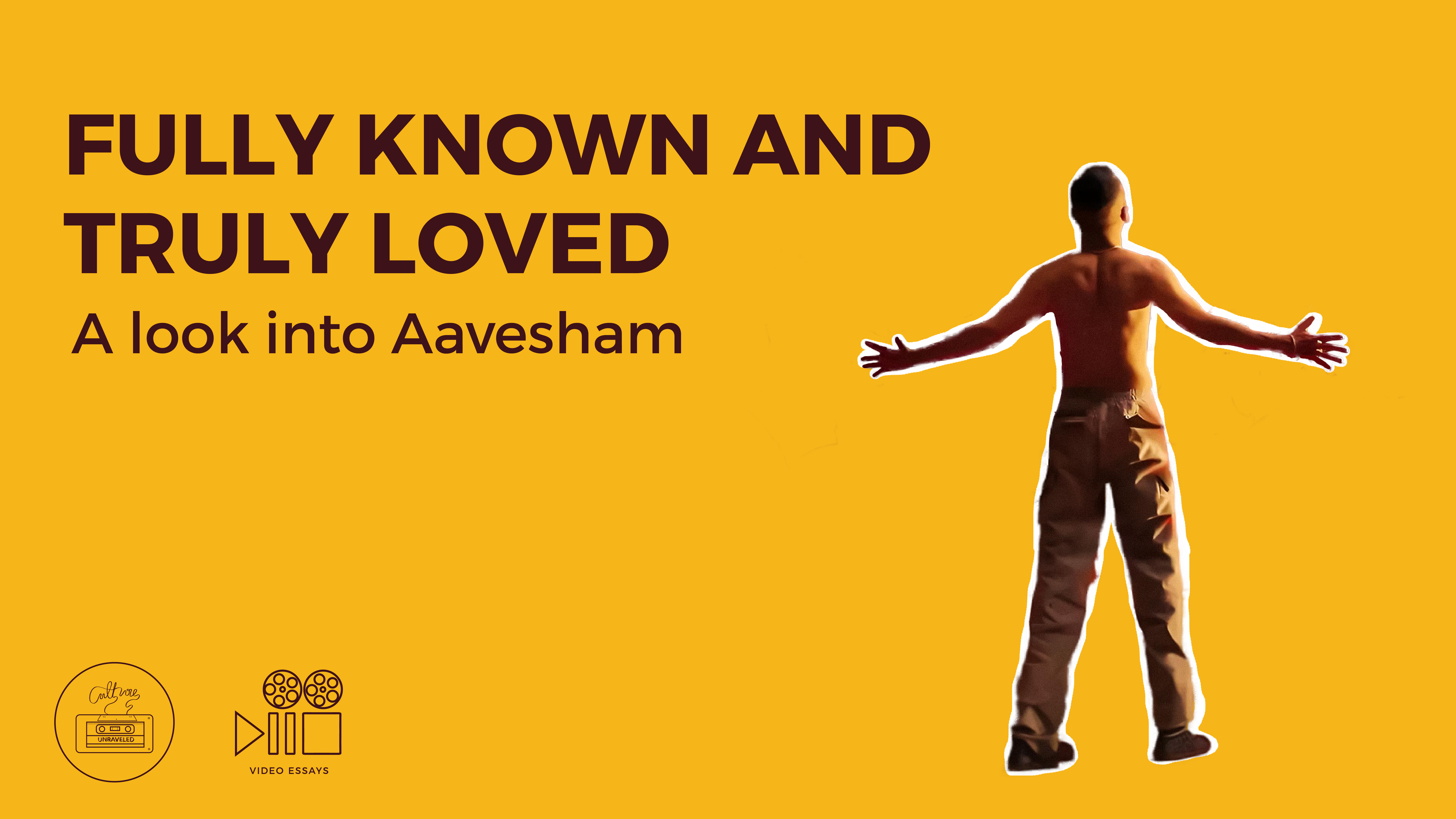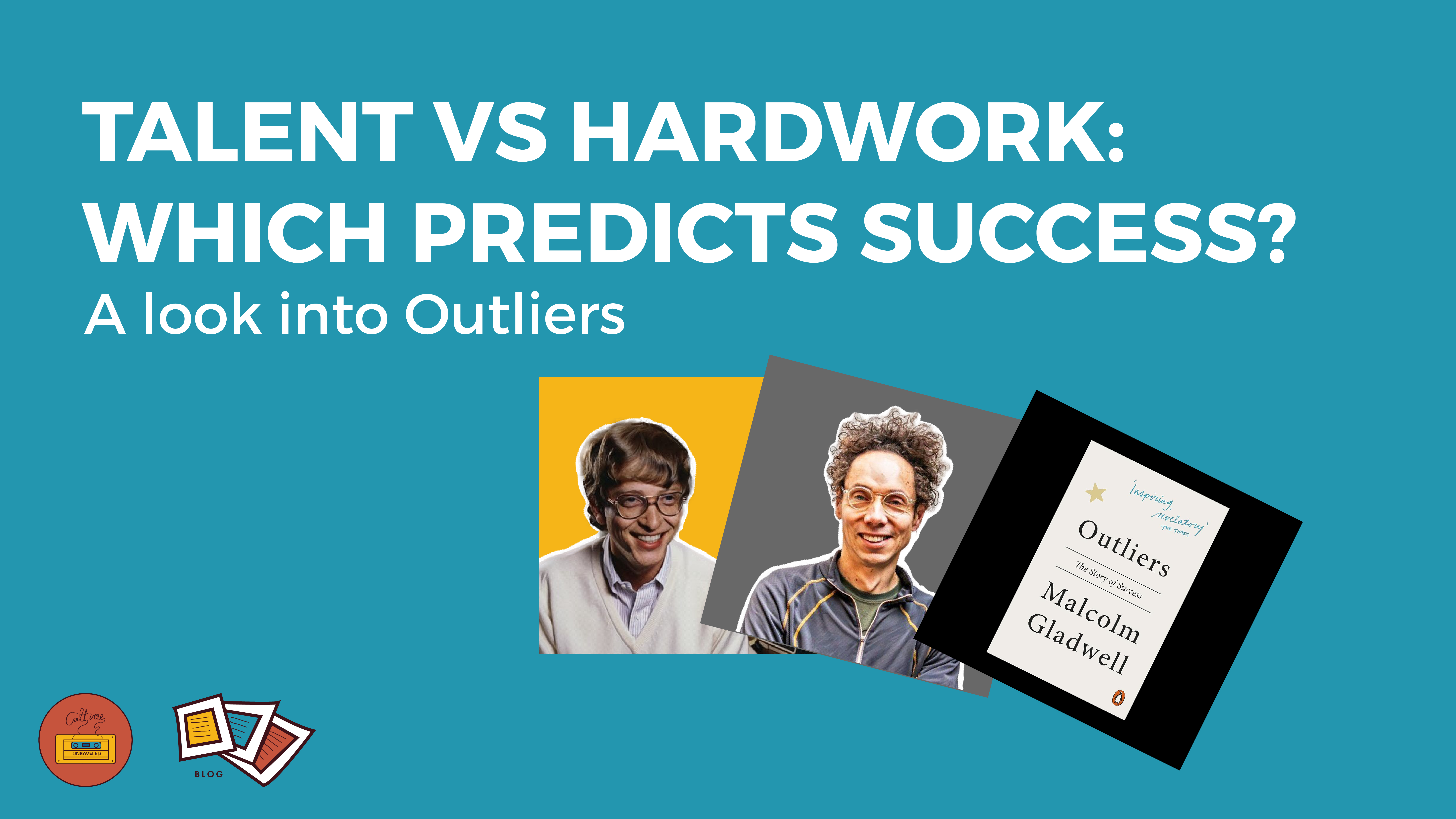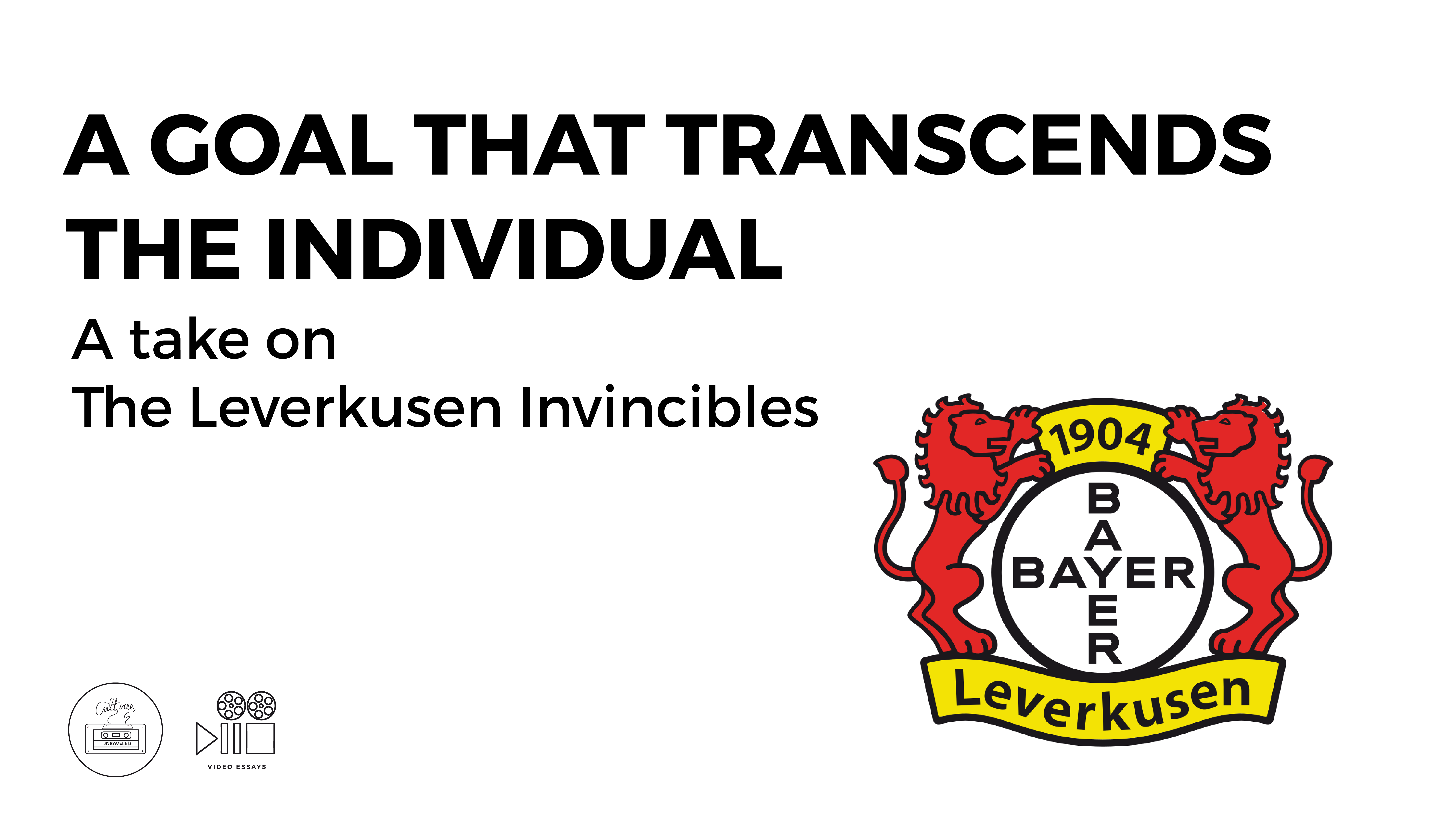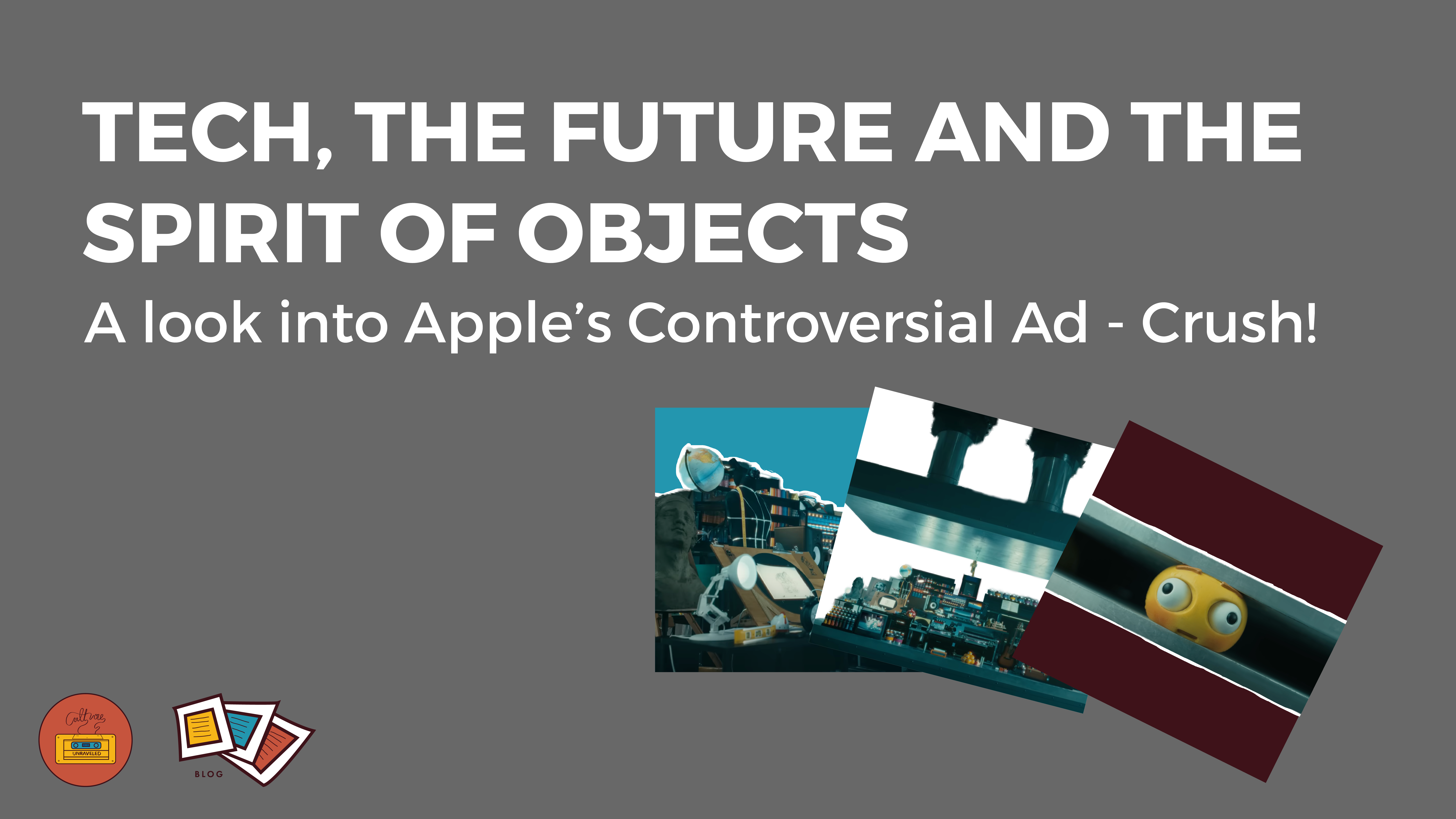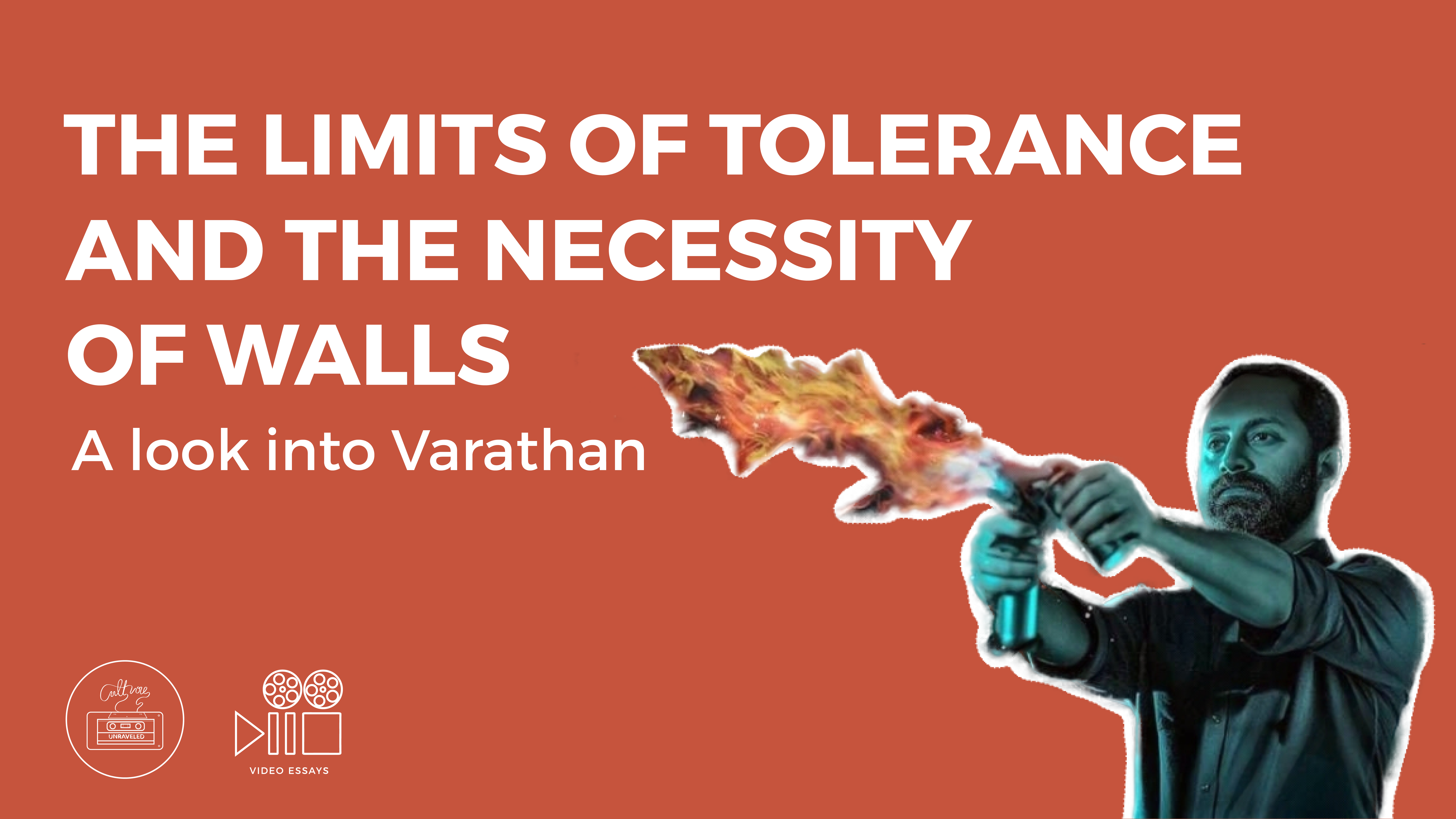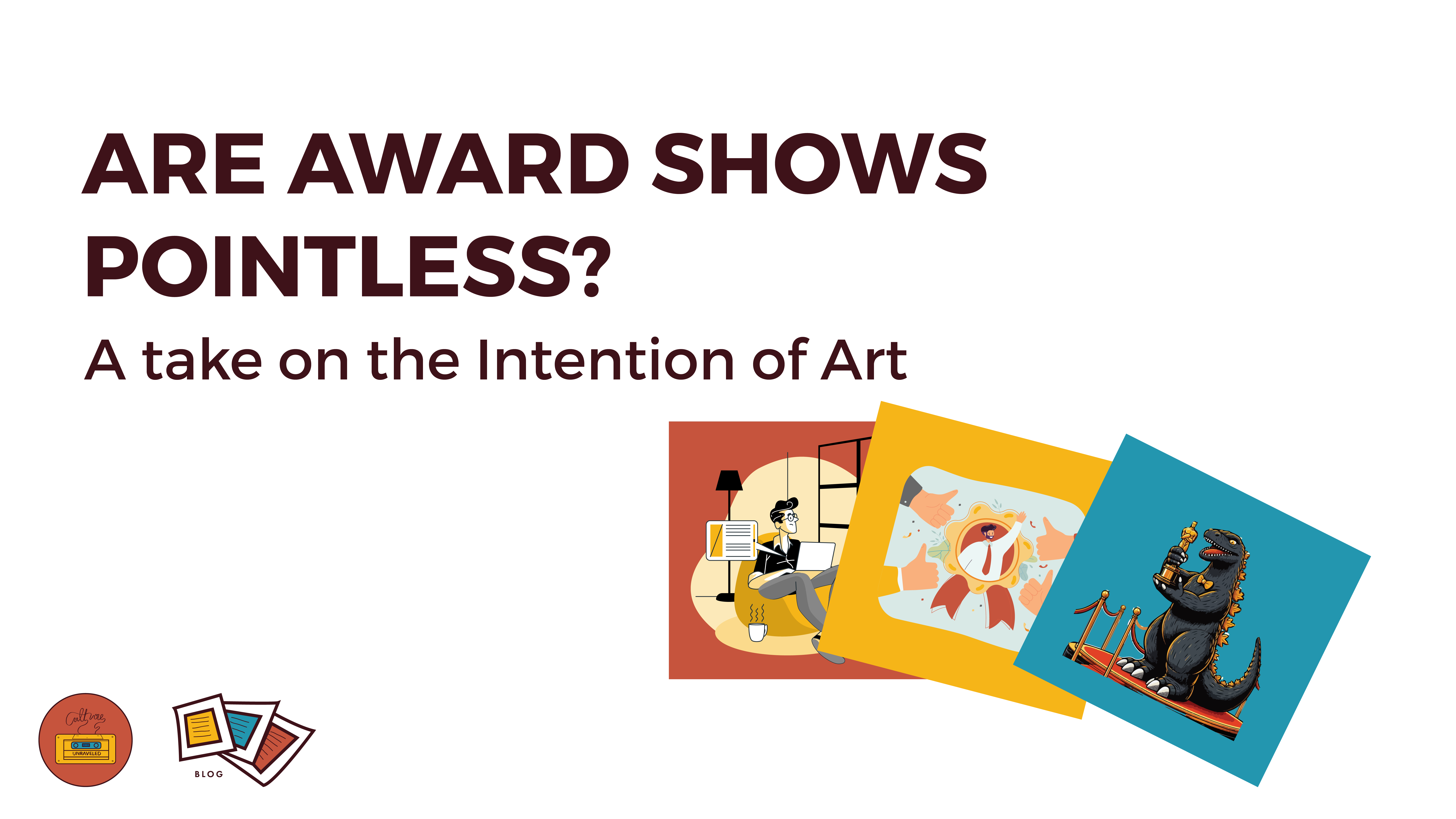
With the Oscars taking place about a week ago, and with the whole award season coming to an end, it allows us a chance to try and unpack and understand the phenomenon of award shows. This is a topic often discussed, and there are a variety of views on the topic, but we’ll try to look at it from all sides and see if there is any utility in this concept or if it is just pointless after all.
One school of thought on this topic and perhaps the most widely identified with, is that since art is subjective, then any type of competition or merit based award would simply be obsolete. If art is subjective, then it cannot be judged on an objective basis. Right?
Well, the opposing school of thought would have some rebuttal. Yes, art is subjective, but a collection of responses to that art can be looked at somewhat objectively. Meaning, if a group of people go for 2 different movies and they all unanimously like the 2nd one better, then even though their opinions are subjective, their subjective opinions point objectively to the 2nd movie being better. So therefore, art cannot be judged on an objective basis, but the response to it can be, and that is the point of the award shows: to award art that has seemingly received the most significant reaction.
Now these two opposing schools of thought give rise to the primary question that is often hurled at award shows such as the Oscars & Grammys which is: Is the award for the actual quality of art or for the reaction it receives? This question somewhat accurately summarises the dissatisfaction audiences usually have when an award favours popularity over quality. If an award caters more to the reaction; then art that has the financial privilege of better marketing would undoubtedly win every time.
Both these ideas have validity to them, on one hand art is purely subjective and involving competition in it seems counterproductive to the point of art, but on the other hand, some feel that awarding those who contribute to significantly successful art isn’t a bad thing. But all this brings us to a question – What is the real point of creating? Is it just for awards and recognition? Does that validate or invalidate the work it goes to and doesn’t go to?
You might have heard of the commonly used term ‘Oscar bait’. This refers to movies perceived as overly calculated or manipulative in their attempts to win awards. Critics argue that such films prioritise pandering to Academy voters over genuine creativity or authenticity, resulting in formulaic and predictable content.
Can you relate to that in any way? In whatever field or medium you work in, do you ever feel that what you’re creating is ‘Oscar bait’? The type of work that isn’t a true expression of yourself but prioritises mass accessibility and audience over work that truly matters to you?
You should ask yourself – What are the reasons behind your desire to create? If it’s purely just for the joy and catharsis of creating, then more power to you. But if you’re honest enough with yourself, you might realise that your motivations to create are an amalgamation of multiple things, and some of those things might not really be catalysts or aids in creating, and might even be actively obstructing or boxing in your true creativity, originality & passion. It’s not inherently a bad thing to want to make something to create an audience or to reach as many people as possible, but if it is a motivation that you’re unaware you have, then addressing it would only be helpful and catalysing.
If external validation and fame and awards are significant intentions behind what you consider to be purely for the sake of self expression and art, then maybe becoming aware of that and reprioritising might enable you to make more fulfilling and meaningful work that could even possibly earn you those awards and recognition as a byproduct rather than a goal. Intentions that lead to gain are not a bad thing, but by taking a genuine look at the intentions that subconsciously drive you without your awareness, you can remove the unwanted parts, get rid of that obstruction and bridge the gap between your genuine conscious intentions and the work you create.
_________________________________________
Written by Ben Joshua

